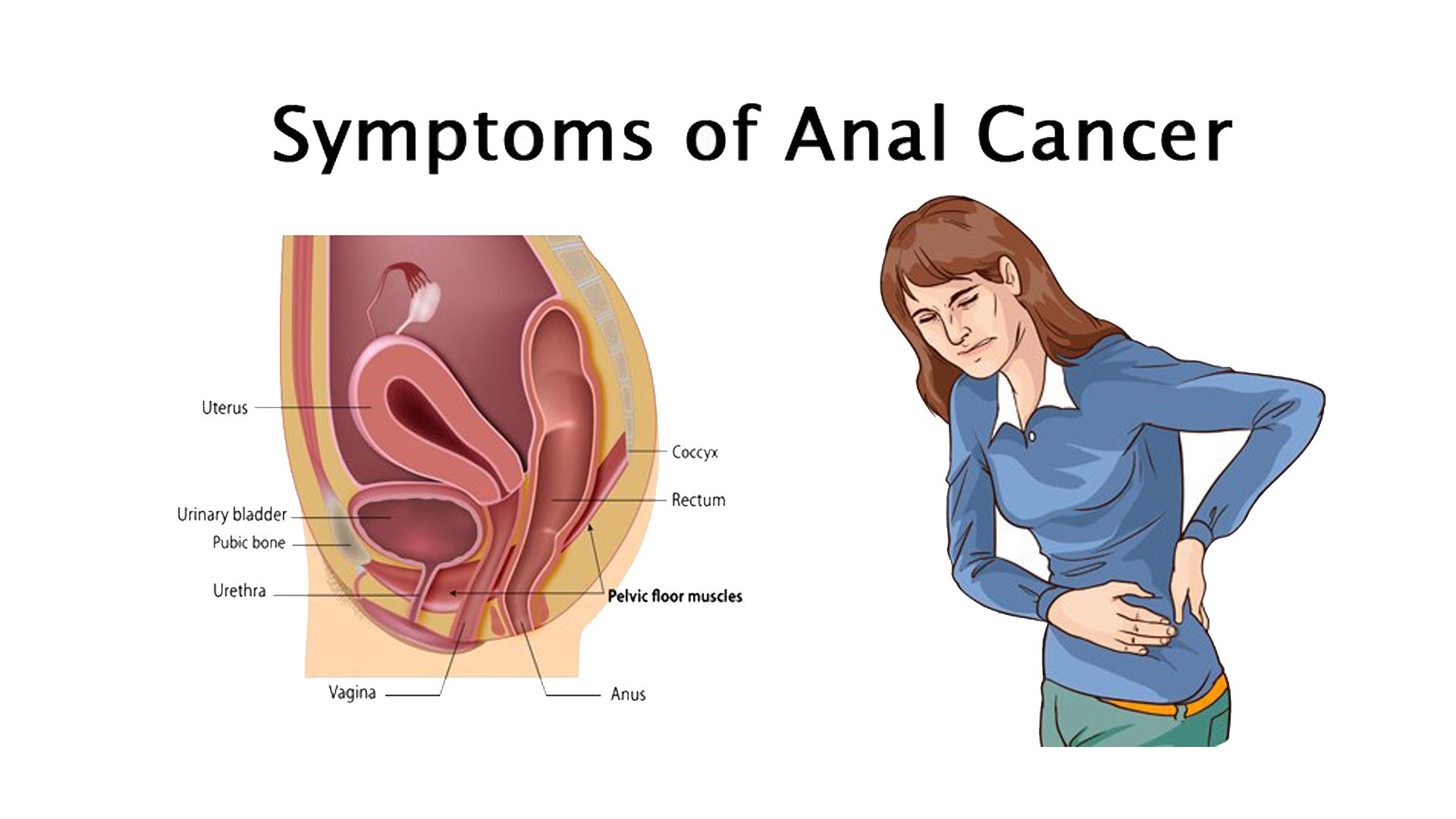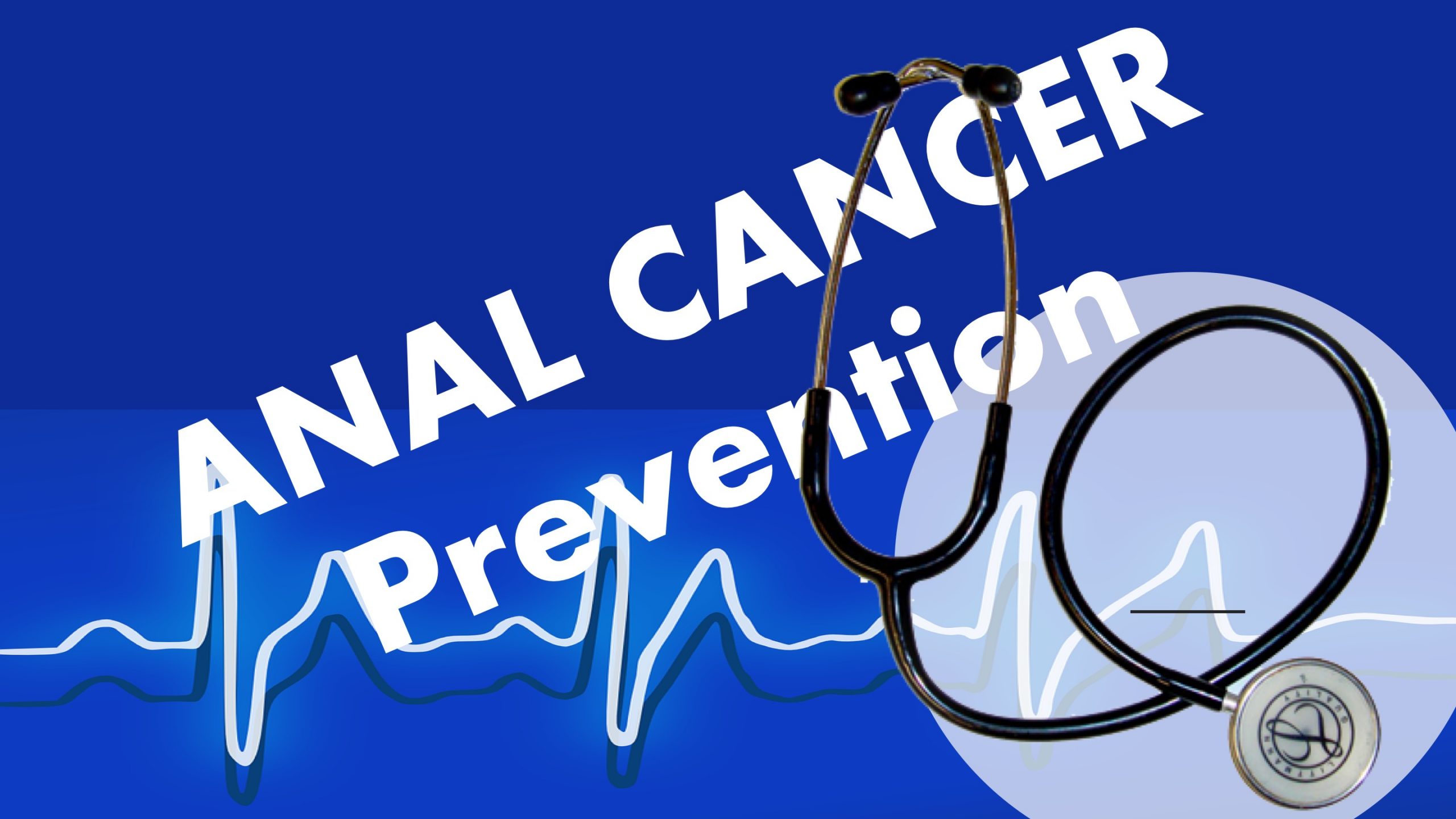ANAL CANCER
Anal cancer is an uncommon type of cancer that occurs in the anal canal. The anal canal is a short tube at the end of rectum through which stool leaves the body.
In anal cancer, cancer (malignant) cells form in the tissues of the anus.
It is estimated that, around 50% of all the anal cancers are diagnosed before the cancer has spread beyond the primary site, and approximately 80% of all anal cancers are diagnosed in persons above 60 years old.
Cancer begins when some cells divide abnormally without stopping. As the cancer grows, it can be limited upto nearby tissues while in some cases, can spread to other parts of the body.
There are several treatment options available to cure bone cancer at Oncoplus Hospital, Delhi.
Symptoms

Signs and symptoms of anal cancer include:
- A feeling of fullness around the anus
- Pain in anal region
- Long lasting anal itching
- Bleeding from the anus or rectum
- A mass or growth in the anal opening
- Unusual discharges from the anus
- Change in bowel habits
- lumps that look like as haemorrhoids or piles
- narrow stools
- swollen lymph nodes in the groin or anal area
- Feeling like you constantly need to have a bowel movement.
If you experience any of the above symptoms, you should consult our oncology experts at Oncoplus Hospital, Delhi.
Preventive measures for anal cancer
There are no certain ways by which anal cancer can be prevented but there are certain measures, that can definitely help reducing the risk of anal cancer. Most common preventive ways are listed below:
- Stop smoking: Smoking increases the risk of anal cancer like any other cancer.
- HPV vaccines: Certain HPV infections can be protected with the help of vaccine. Some vaccines protect against certain type of HPV infection, while some vaccines protect against HPV infections including some types that cause anal and genital warts.
These vaccines if given before a person becomes sexually active, can help prevent HPV infection. - Condom use: Condoms may provide some protection against HPV (and HIV), but they don’t prevent infection completely.
Condoms if used correctly these can lower the genital HPV infection rate in women, hence should be used while every sexual activity. However, condoms cannot protect completely because they do not cover every possible HPV-infected area of the body, like the genital or anal area. - Limit sexual partners: It is advised to practice safe sexual activity, it can be practiced by limiting the number of sexual partners, using condoms during sex and getting tested regularly for sexually transmitted infections.
Book an appointment with the best oncologists for cancer treatment as well as diagnosis at best cancer Hospital in Delhi.
Treatment
There are certain treatment options available for anal cancer, these options depend on certain factors such as, stage of the cancer and overall health of the patient.
Surgery
Oncology experts at Oncoplus Hospital, Delhi typically use different procedures to remove anal cancer based on the stage of the cancer:
- Resection: In this procedure, the surgeon removes a small tumour along with some surrounding tissue. This procedure is done in the cases where cancer has not affected the anal sphincter or muscle. This procedure helps the patient to have a normal bowel movement.
- Abdominoperineal resection: In this procedure, the surgeon removes the anus, rectum, and a section of the bowel. The patient would not be able to have a normal bowel movement, therefore, the surgeon constructs a colostomy. A patient with a new colostomy can lead a normal life, can play sports and can be sexually active.
Combined chemotherapy and radiation
Oncology experts at Oncoplus Hospital, Delhi usually treat anal cancer with a combination of chemotherapy and radiation. These two treatments together enhance each other and improve chances for a cure.
- Chemotherapy: Chemotherapy is given with the help of medicines in the form of pills also through veins termed as intravenous. These drugs destroy rapidly growing cancerous cells. However, chemotherapy has its own side effects as these drugs also damage healthy cells that grow rapidly, including those in the receiver’s gastrointestinal tract and hair follicles. Side effects as a result of chemotherapy include nausea, vomiting and hair loss.
- Radiation therapy Radiation therapy kill cancer cells using high-powered radiations, such as X-rays and protons. In the process of radiation therapy, the patient is made to lie on a table and radiations are directed to specific areas of patient’s body to target the cancer cells.
Radiation therapy for anal cancer is usually given for five to six weeks. Oncologist defines the treatment schedule based on the type and stage of the cancer and patient’s general health.
A combination of both treatments procedures chemotherapy and radiation increases the effectiveness of the treatment.
Immunotherapy
Immunotherapy is a mode of treatment for any cancer that uses the patient’s immune system to conquer cancer. Immunotherapy works by interfering with that process of patient’s body that makes patient unable to attack the cancer cells by blinding his/her immune system.
Palliative / Supportive care
Palliative care is specialized medical care that focuses on providing relief from pain and other symptoms of a serious illness such as cancer. Palliative care team include doctors, nurses and other specially trained professionals, these specialists work with patient, his/her family and other doctors of patient to provide an extra layer of support that complements the patient’s ongoing care. Palliative care teams aim to improve the quality of life for people with cancer and their families. This form of care is offered alongside curative or other treatments patient may be receiving.
Palliative care can be used parallelly with other undergoing aggressive treatments, such as surgery, chemotherapy or radiation therapy. When palliative care is used along with all of the other appropriate treatments, patients with cancer may feel better and live longer.
